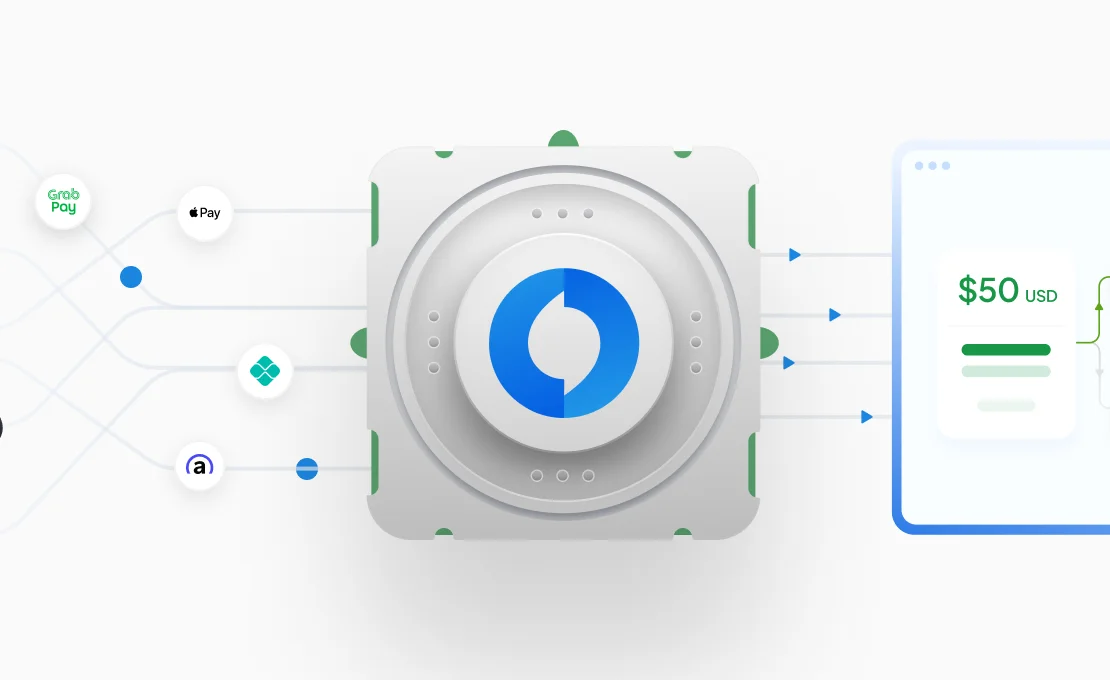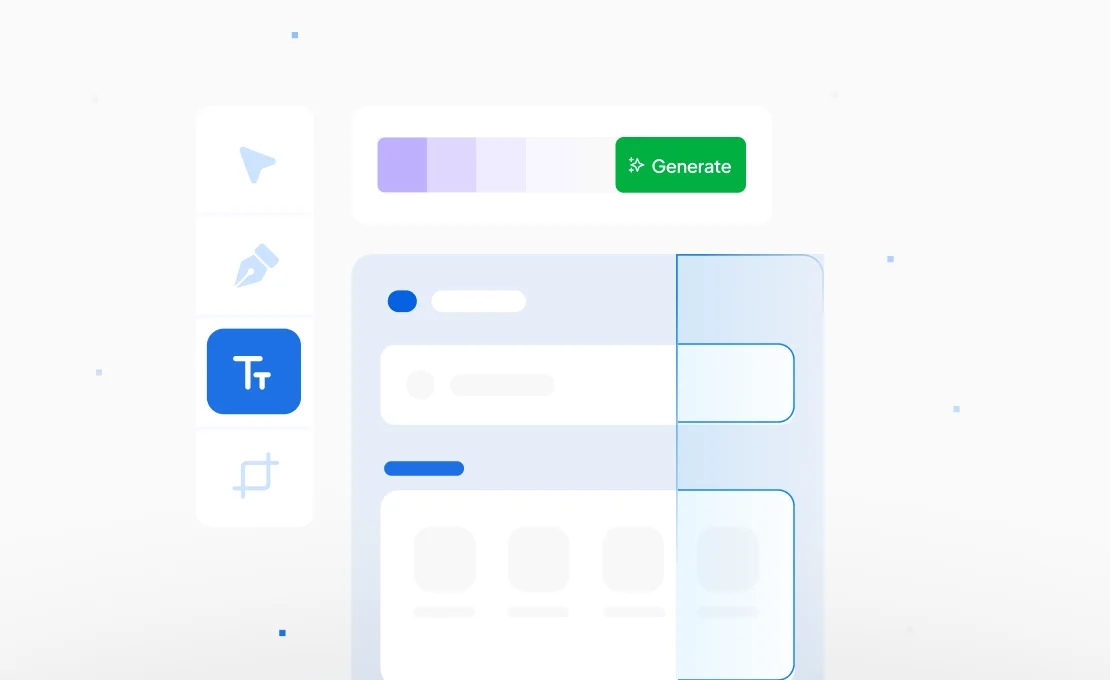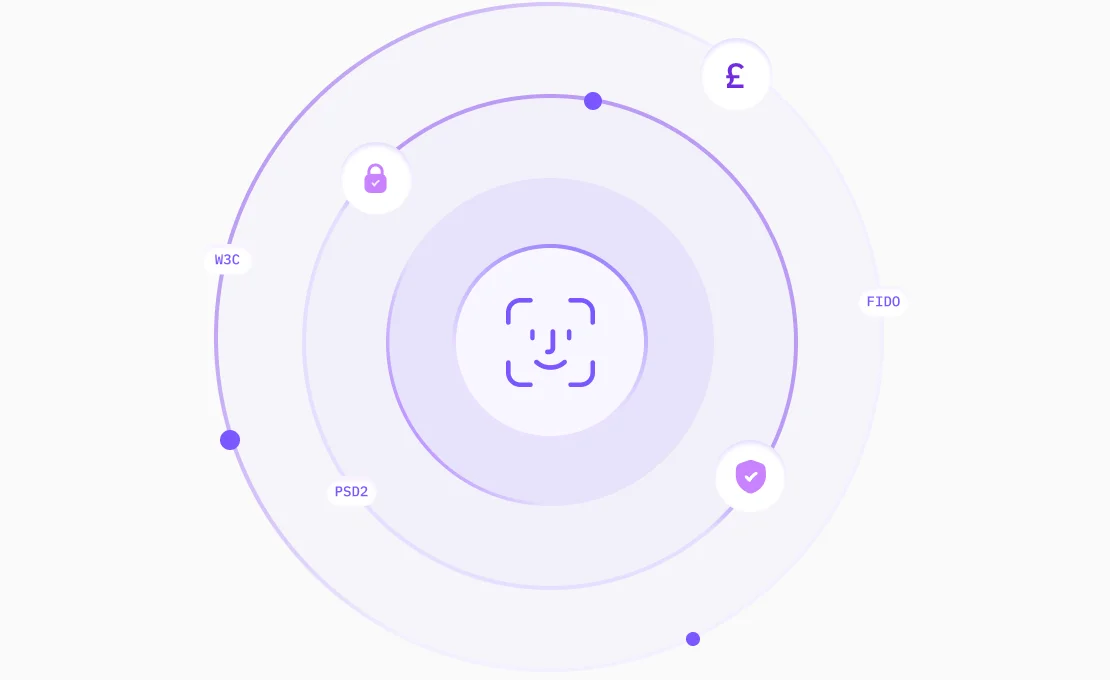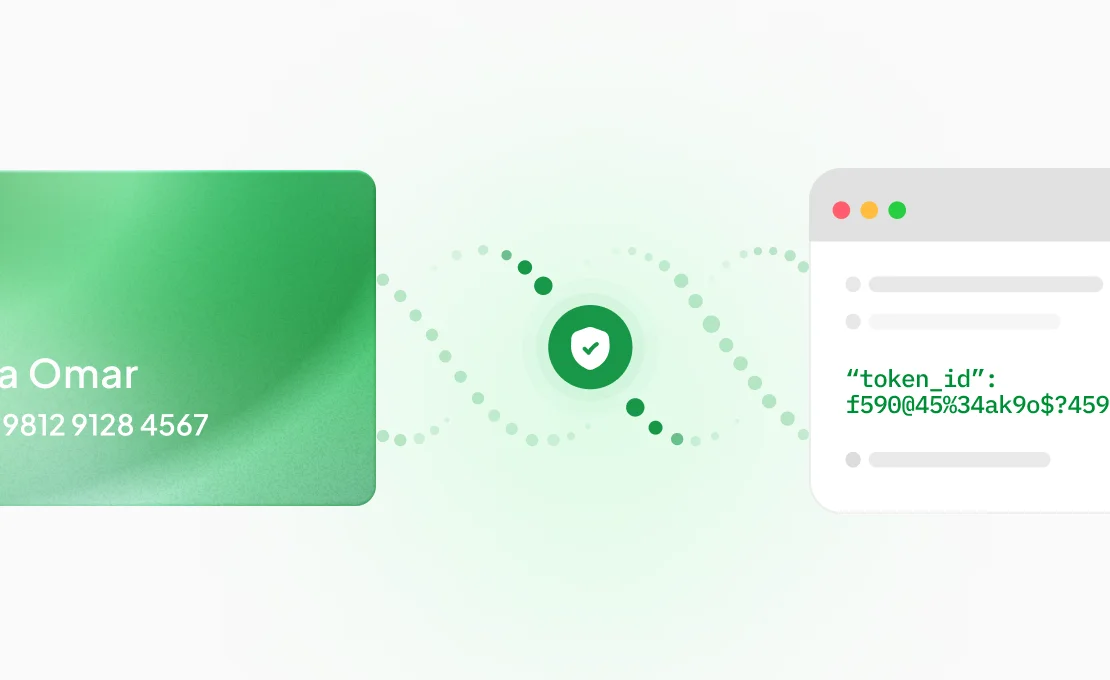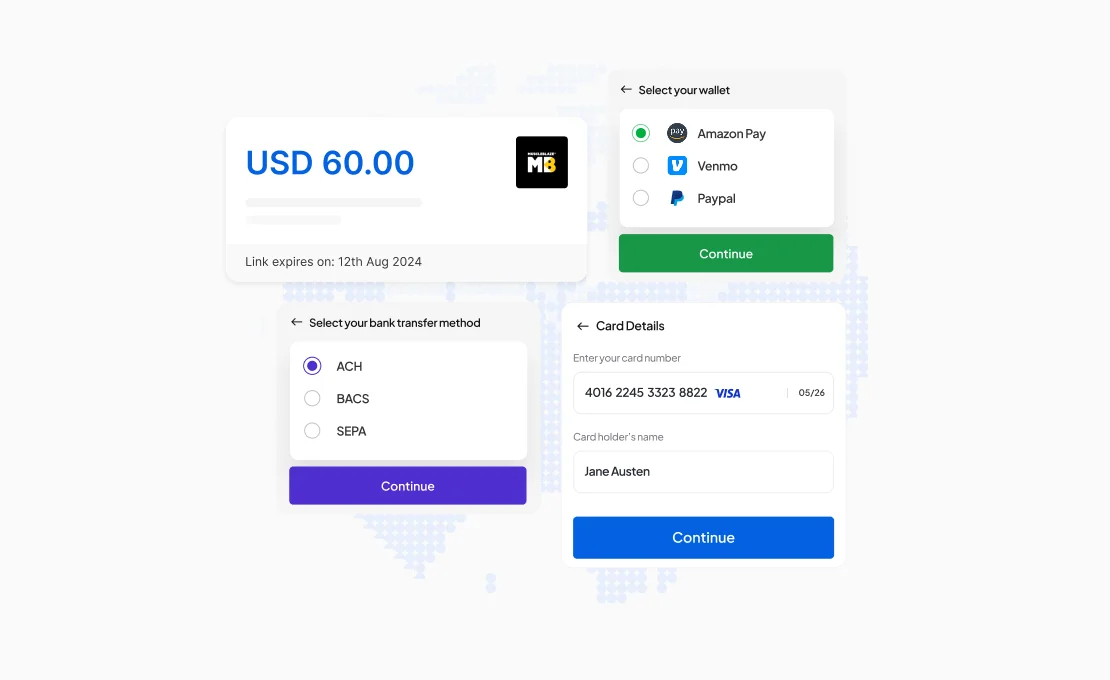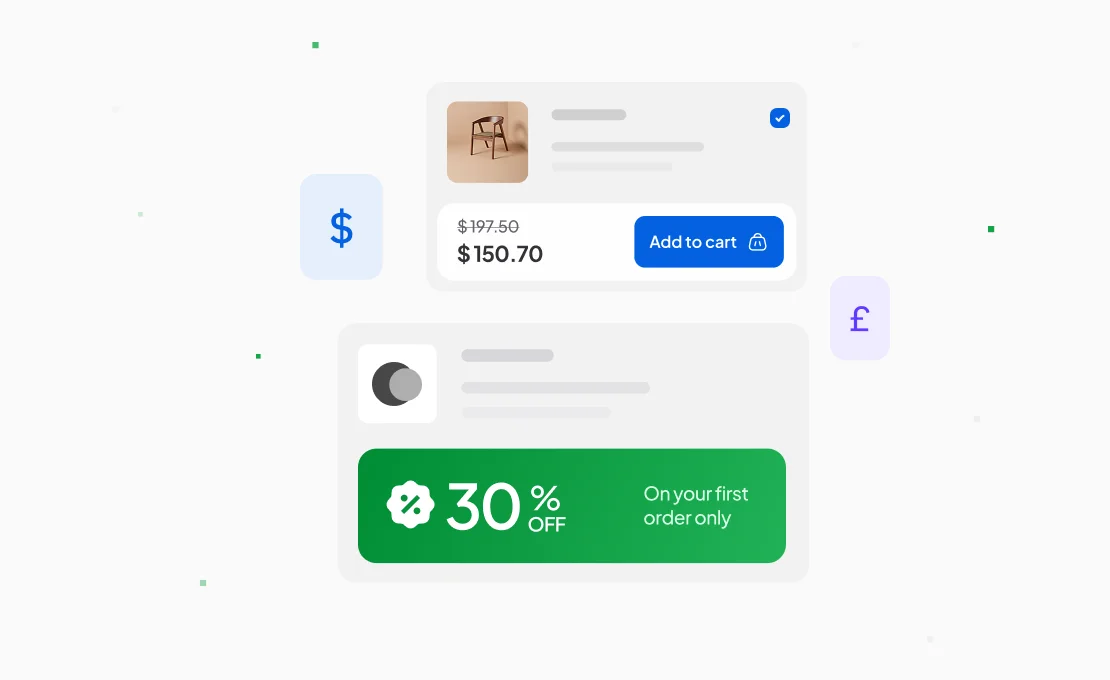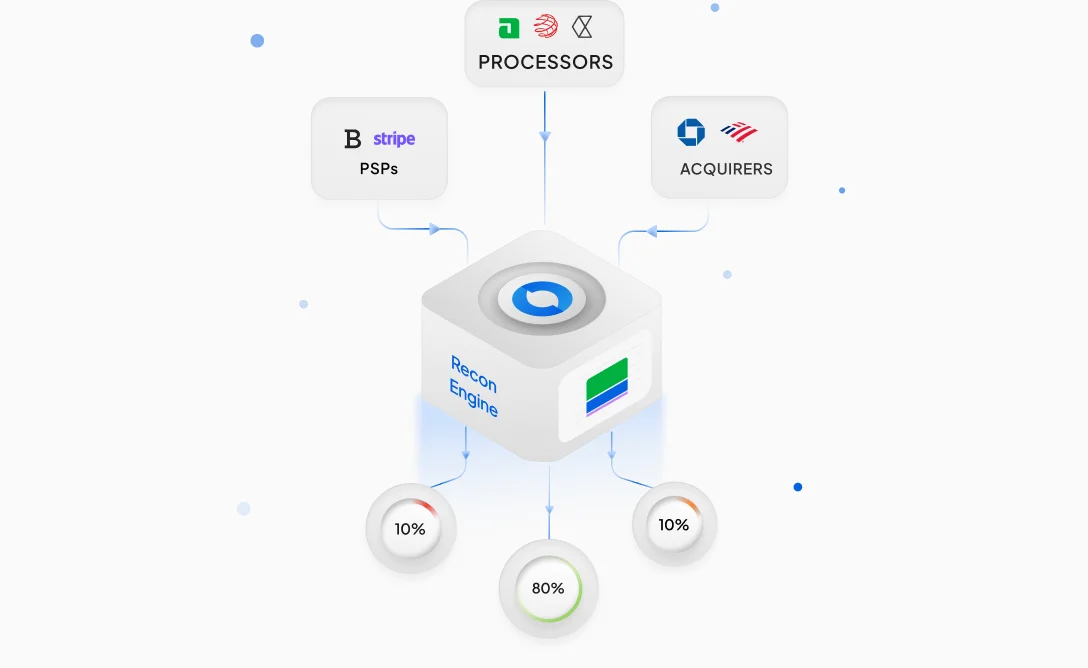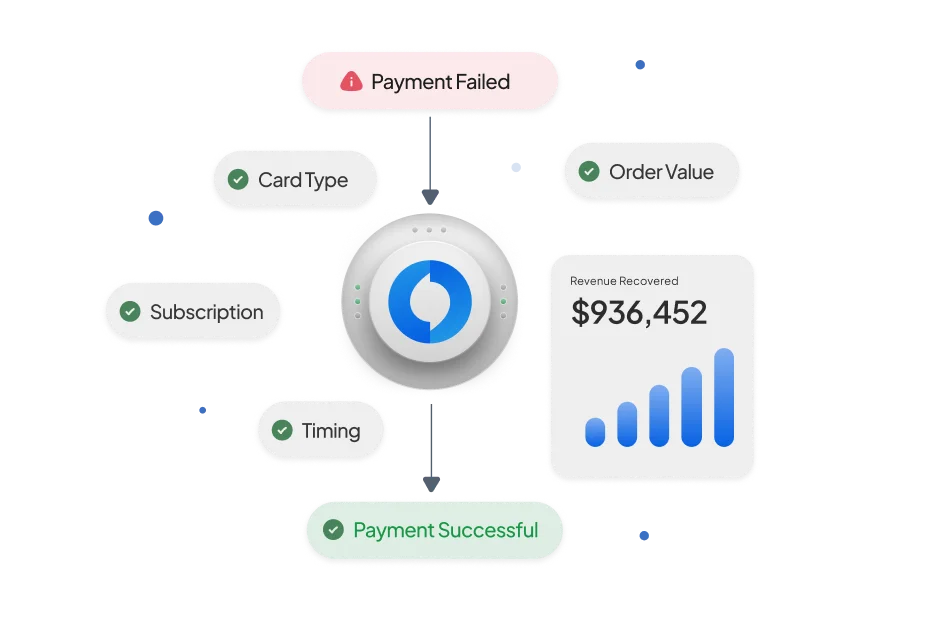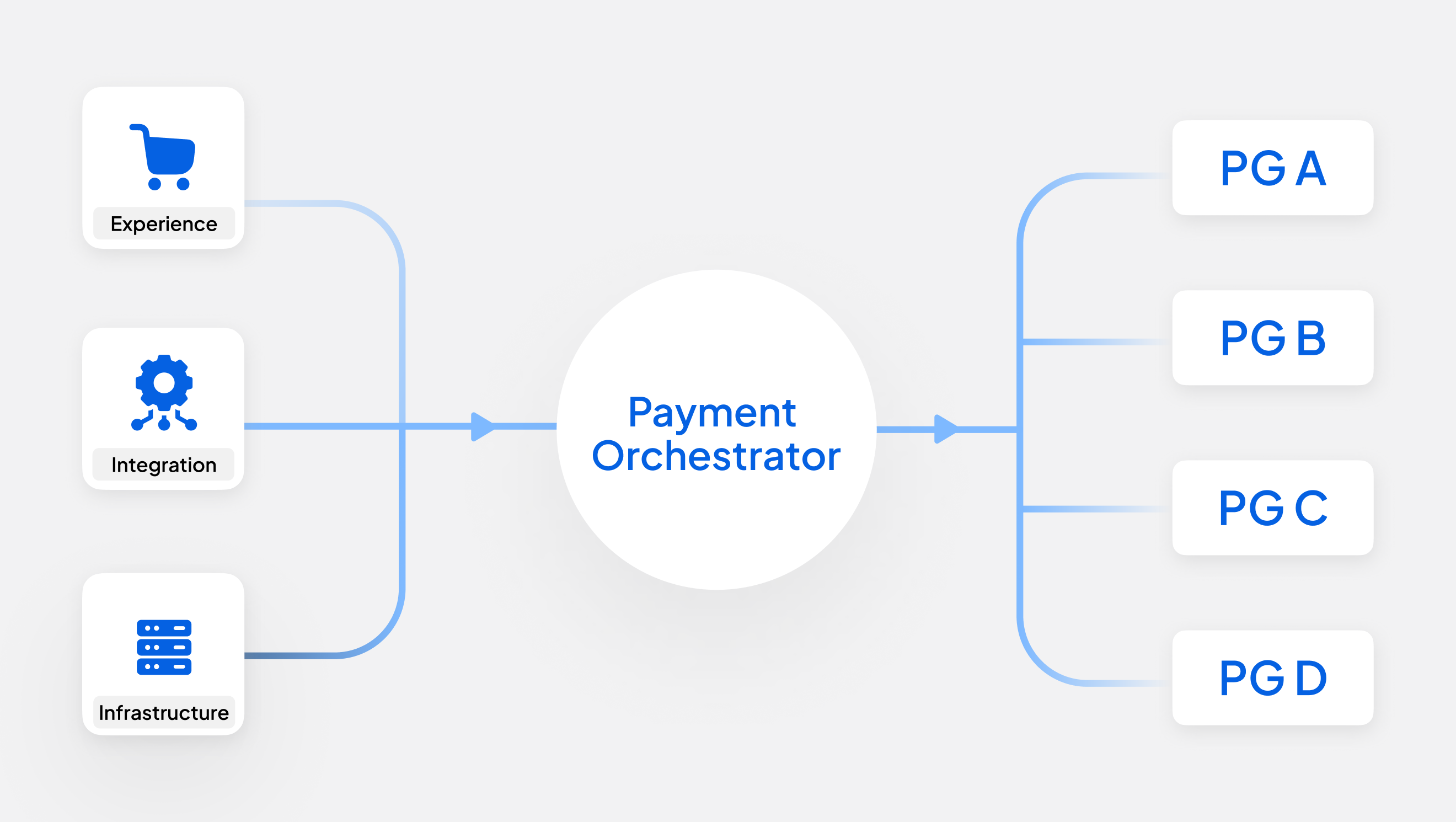Understanding Do Not Honour in Credit Card Payments
Introduction
The introduction of online transactions to the current times has made it easy for both merchants and consumers to make instant transactions that are real-time payments. Thanks to the robust security measures and fast implementation in many places. But as with the rapid usage by a large audience, this evolutionary method has also started facing challenges such as the “Do Not Honour” code, also known as decline code 05. This decline usually occurs when transactions are made via credit cards.
As per Visa’s examination of worldwide declined transactions, there has been an upward trend in “Do Not Honour” declines. Remarkably, 76% of all international “Do Not Honour” declines can be attributed to either insufficient funds or the explicit “Do Not Honour” reason.
This article will focus on the meaning of “Do Not Honour” in credit cards, what the possible reasons are for this to occur apart from insufficient funds, what the instances are, and how businesses can find a way to deal with this decline.
Understanding All About “Do Not Honour”
Understanding the meaning of “Do Not Honour” in credit cards is essential. “Do Not Honour” is a general code that is usually represented as either “05” or “2000”. This code is used by issuing banks to let customers know when a credit or debit card transaction has been denied. There are several possible reasons why the “Do Not Honour” code would be issued, making it difficult for customers and merchants to determine the precise reason for the transaction decline.
Unveiling the Causes of “Do Not Honour” Transaction Declines
The issuance of the “Do Not Honour” code can result from various factors that would create uncertainty for both merchants and customers about the specific cause of the decline. Nevertheless, merchants can give reassurance by understanding the possible primary reasons for the declines. By proactively providing troubleshooting support, businesses not only resolve consumer concerns but also take advantage of an opportunity to improve their service and foster more customer loyalty.
The following pointers will take you through our top possible instances for getting this “Do Not Honour” decline:
-
Insufficiency of Funds:
One of the most known reasons for a “Do Not Honour” decline while they are making a transaction is having insufficient funds in the customer’s account.
When such an instance occurs, the bank is inclined to decline the transaction, which promotes a generated message consisting of “Do Not Honour” accompanied by the 05 error code. -
Potential Fraudulent Activity:
Another reason why one could receive a 05 “Do Not Honour” message could be where there is a suspected instance of fraudulent activities. This could also happen when the customer’s card has a history associated with fraud activities or if the transactions appear to be unusually different. -
Discrepancy Between AVS and CVC:
A common issue that leads to the “Do Not Honour” code appearing is a discrepancy between the Address Verification System (AVS) and the Card Verification Code (CVC). Throughout a transaction, these essential security steps serve to verify the customer’s identity. -
International Transactional Suspicions:
The bank could raise suspicion of fraud activity if an individual authenticates a payment from another country or in the event that the transaction differs from the individual’s usual purchasing pattern. These are the two instances that bank will generate a “Do Not Honour” message to the individual. -
Card Blockade Circumstances:
Another reason for a “Do Not Honour” message is when the customer has surpassed their credit limit or when there are doubtful activities on the card. This could also lead to blocking the customer’s card. Under these conditions, the bank has the option to reject the payment, which can result in a “Do Not Honour” generated message or a notification. -
Atypical Purchase Behavior:
The abrupt execution of a significant transaction, especially in comparison to a customer’s customary smaller-scale transactions, could lead to the transaction being rejected by the bank. The 05 does not honour the message results from this in turn.
Strategic Measures for Merchants to Mitigate “Do Not Honour” Declines
To enhance successful transaction rates, merchants play a significant role by making sure to reduce the number of “Do Not Honour” drops and implementing a number of preventative measures.
-
Diversification of Payment Options:
Providing a diverse array of payment options gives customers a wide range of options, making it flexible and convenient. These options can range from traditional payment methods such as cash to card payments to mobile wallets. This increases the chance for customers, which helps them choose the most convenient or aligned payment method based on their preferences, which helps minimise the risk of getting “Do Not Honour” generated text. -
Integration of Upfront Verification for Online Payments:
When it comes to e-commerce transactions, merchants should opt for payment gateways that conduct thorough verification of card information before processing payments. This is to ensure the accuracy of the data submitted. Real-time checks can be used to verify details such as the billing address and CVV/CVC. This approach could reduce the occurrence of getting a “Do Not Honour” decline. -
Proactive Card Details Update Prompt:
Merchants who have customers engaged in recurring payments such as subscription-based products or services can proactively manage possible problems with “Do Not Honour”. Merchants need to conduct specific proactive reminders or follow-ups, such as sending reminder emails to customers and asking them to update their card information before it expires or if something changes. This helps reduce the risk of declines during transactions and promotes a seamless, uninterrupted service for subscribers.
Here are a few measures that can be taken or applied to in-store transactions as well:
-
Streamlining Traffic for Minimised Suspicion:
Maintaining a clean traffic flow can reduce the chances of minimised suspicion. Businesses can lower the chance of running across “Do Not Honour” codes by establishing a more secure environment which has a streamlined traffic flow. -
Crafting an Effective Retry Strategy with Automated Mails and Coupons:
If the customer faces a failed transaction in the e-commerce domains, this could affect the business, chances of payment methods, etc. To make sure these errors don’t occur, merchants can incorporate automated email notifications that can notify prospective purchasers about transactional problems as soon as possible and provide solutions.
Businesses can also use a strategic couponing approach, offering discounts to prospective clients a day or two following an unsuccessful sale. This accomplishes two goals at once: it promotes a retry and provides a chance to highlight additional goods, deals, and discounts, benefiting the client and the company alike.
- Fostering a Better Customer Experience:
Lowering the number of “Do Not Honour” codes directly improves customer satisfaction. Prompting notifications and step-by-step guidelines to assist when the customer faces transactional issues demonstrates the dedication of a company to meet the needs of its customers. With better customer experience, this fosters loyalty and trust in the brand.
By implementing these strategic measures in the businesses, merchants can reduce the chances of getting honour declines and also, at the same time, ensure a seamless payment experience, which thus improves the efficiency of financial transactions.
Conclusion
In conclusion, businesses that take these preventative actions not only lessen the effects of “Do Not Honour” codes but also establish themselves as companies that prioritise their customers. Along with ensuring transactional success, a strong retry strategy should be implemented in addition to strategically utilising coupons and automating alerts to turn obstacles into chances for client involvement and satisfaction.
FAQs:
1. How do I fix the “Do Not Honour” error?
To resolve the ‘“Do Not Honour”’ error, consider the following steps:
Make sure you have sufficient funds in your account.
Verify the CVV/CVC code’s accuracy.
Contact the bank that issued your card for further information.
2. Does the “Do Not Honour” decline affect my credit score?
No, this decline code does not directly affect your credit score. However, to maintain a positive financial standing, make sure to resolve the underlying problems as soon as possible.
3. Can merchants override a “Do Not Honour” decline and process the transaction manually?
In most cases, A “Do Not Honour” decline code is something that the card-issuing bank decides, and businesses are powerless to overturn it. For further clarifications and guidance, you can check with your bank, or you can also consider other payment options.
4. What does “Do Not Honour” mean in debit cards?
When a debit card is marked “Do not honour”, it means a general decline code from the issuing bank is provided to the merchant during a transaction. It indicates that the bank will not accept the transaction.
